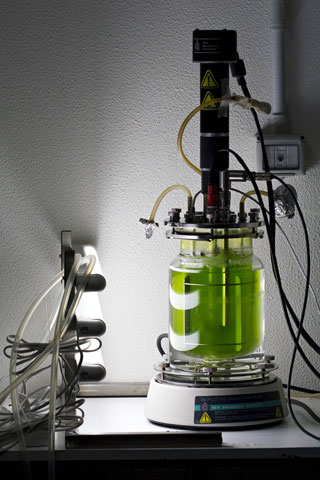Course Description
This course focuses on computational and experimental analysis of biological systems across a hierarchy of scales, including genetic, molecular, cellular, and cell population levels. The two central themes of the course are modeling of complex dynamic systems and protein design and engineering. Topics include gene …
This course focuses on computational and experimental analysis of biological systems across a hierarchy of scales, including genetic, molecular, cellular, and cell population levels. The two central themes of the course are modeling of complex dynamic systems and protein design and engineering. Topics include gene sequence analysis, molecular modeling, metabolic and gene regulation networks, signal transduction pathways and cell populations in tissues. Emphasis is placed on experimental methods, quantitative analysis, and computational modeling.
Course Info
Instructors
Departments
Learning Resource Types
grading
Exams with Solutions
notes
Lecture Notes
group_work
Projects
Instructor Insights
assignment
Problem Sets
Problem Set Solutions

Green algae grows in this bioreactor. Bioreactors are steady-state mixed tanks that keep organisms in permanent exponential growth while continuously diluting with nutrient-rich broth and removing both cells and reaction products. In the Protein Networks Project of this course, students model the system and design a way to keep the cells growing. (Photograph courtesy of Umberto Salvagnin on flickr. CC-BY.)










